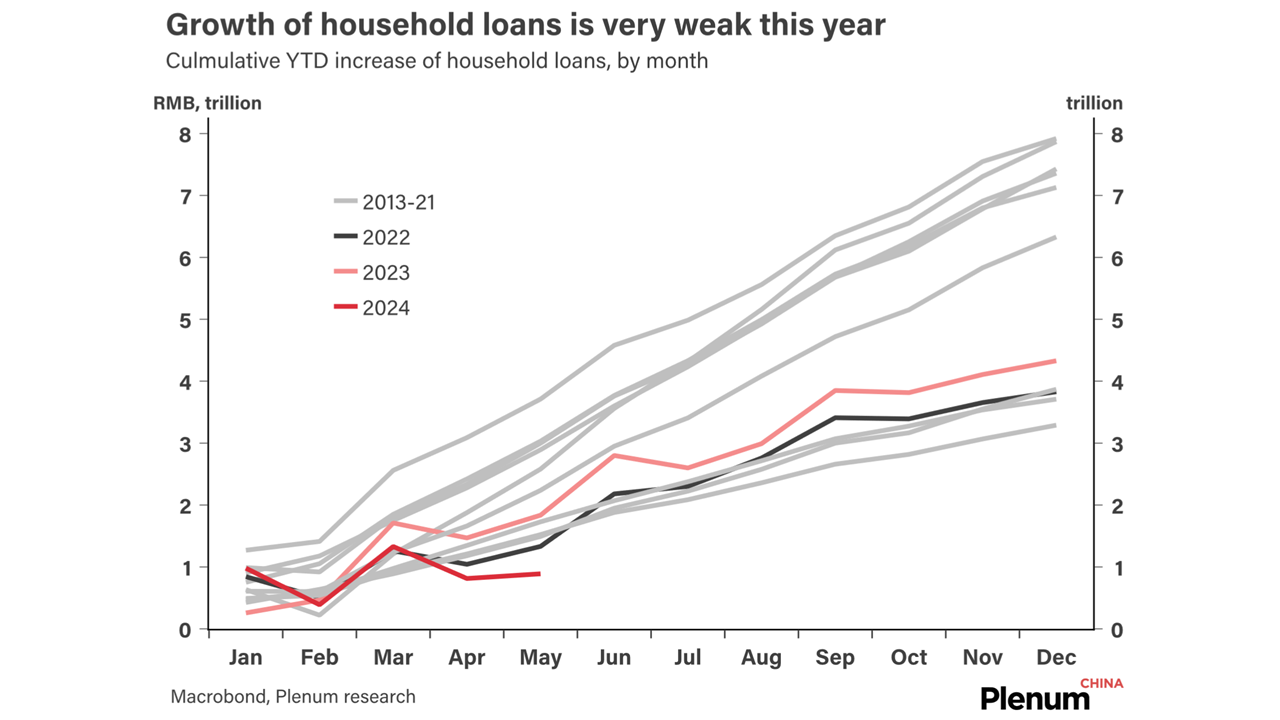
Retail sales improved in May, but most other areas slowed, including industrial production, real estate, and FAI.

Retail sales improved in May, but most other areas slowed, including industrial production, real estate, and FAI.
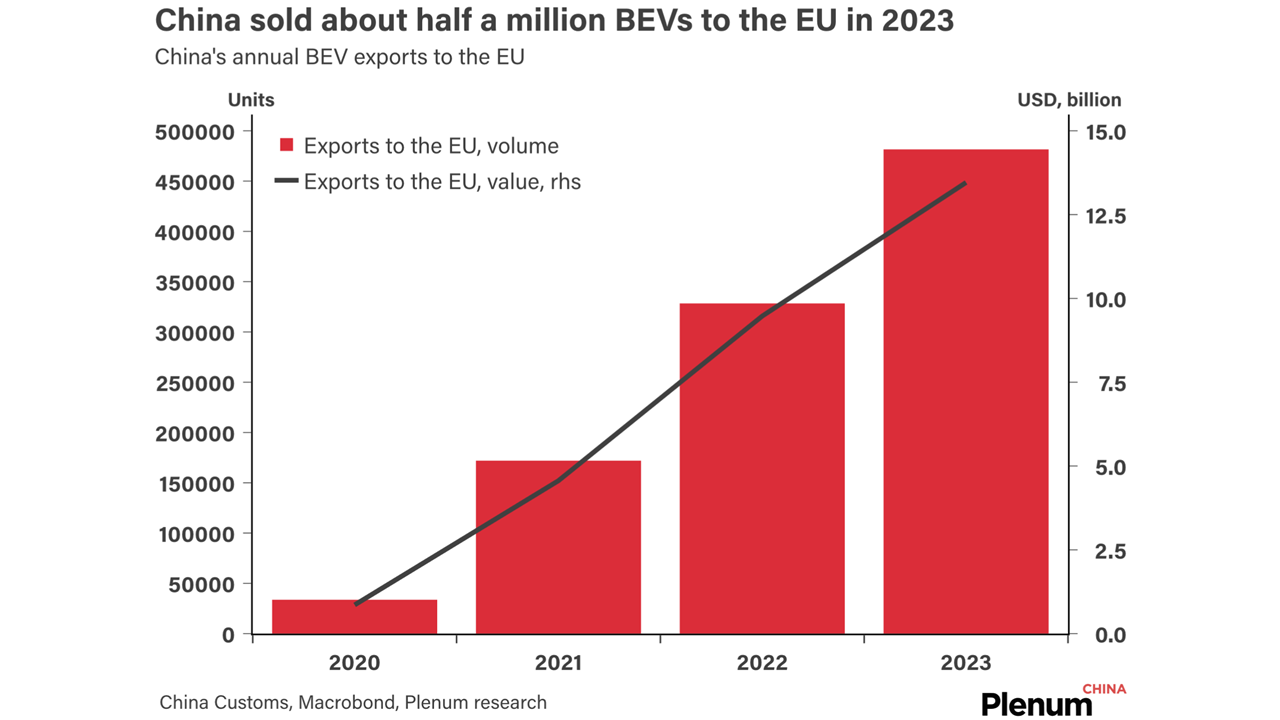
The European Commission has announced new tariffs on BEVs imported from China, which will impact different carmakers to varying degrees.
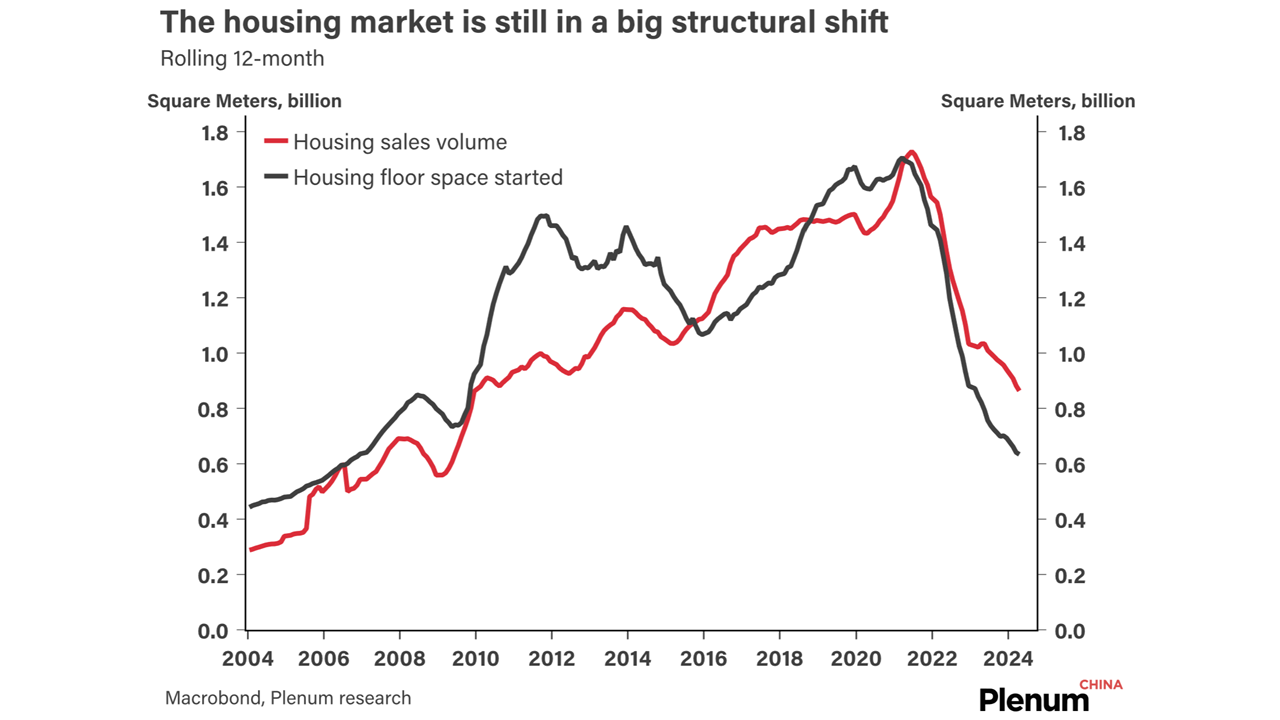
Plenum clients are overwhelmingly interested in China’s housing market and the implications of a potential second Trump term.
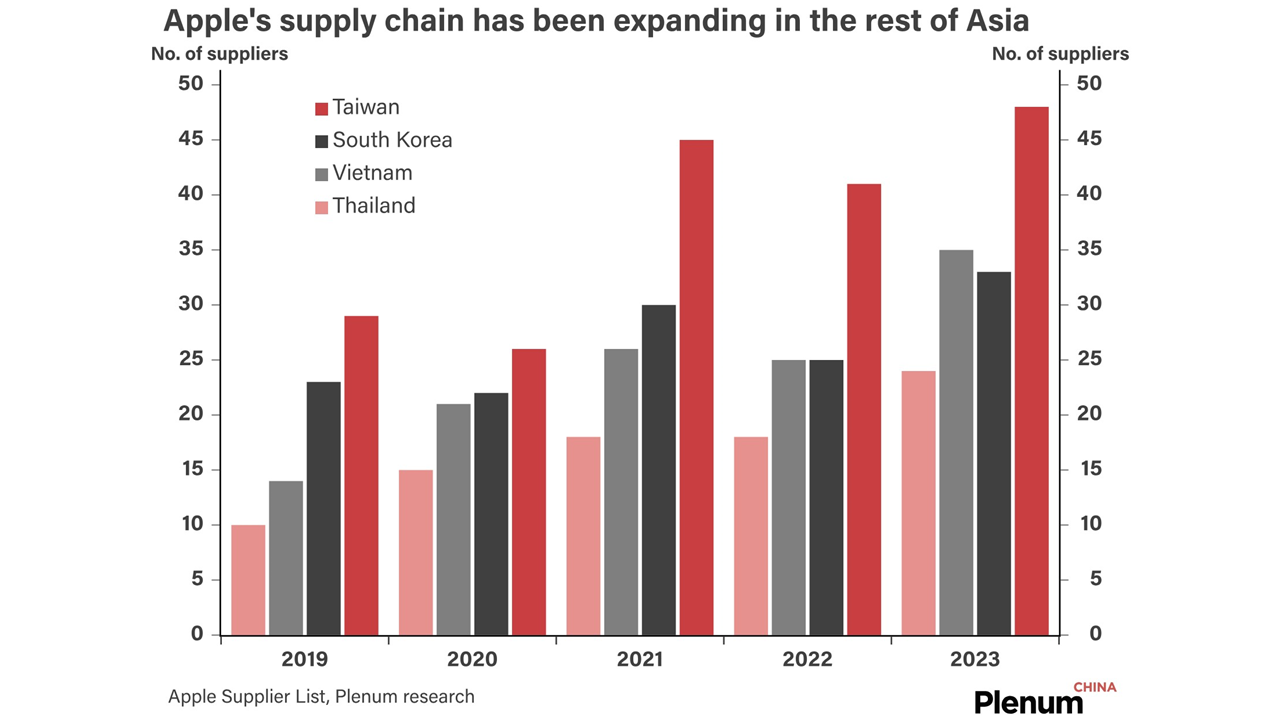
Geopolitical tensions and the pandemic triggered a diversification of Apple’s supply chain in 2021, but its move to the West appears to have been temporary.
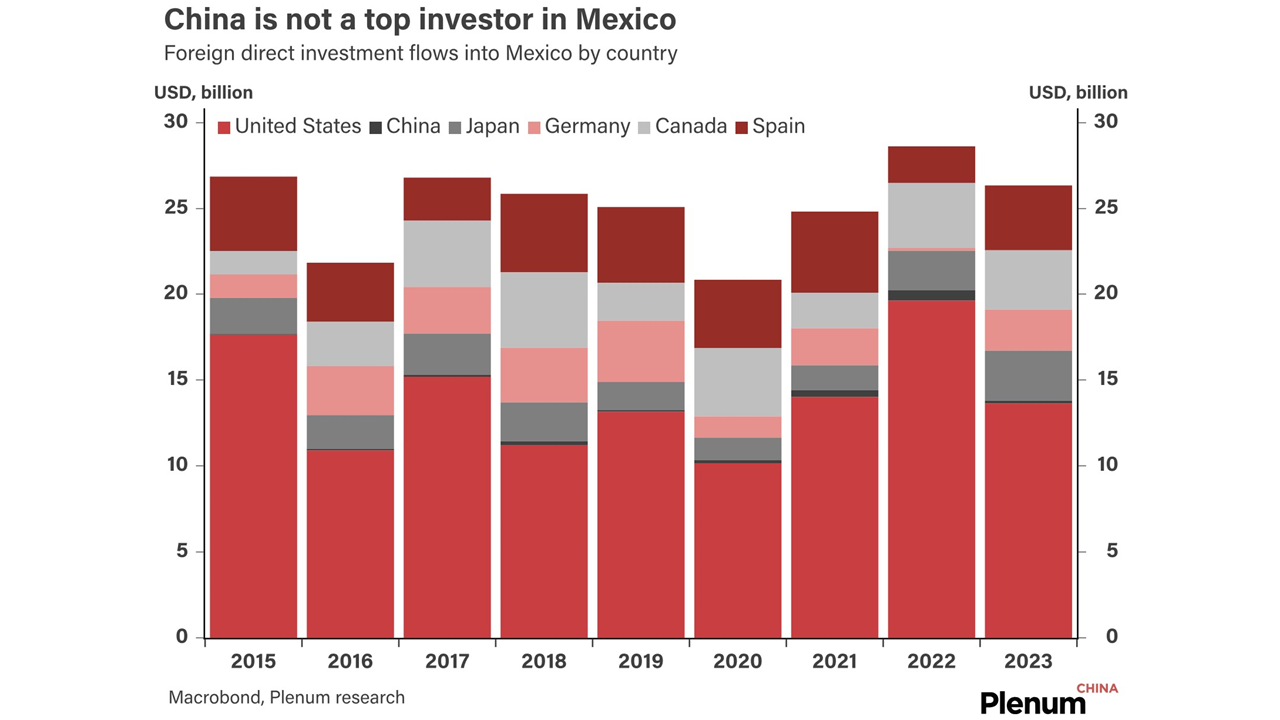
Chinese investment in Mexico has been growing rapidly, but it still remains relatively small compared to the investments made by other countries.
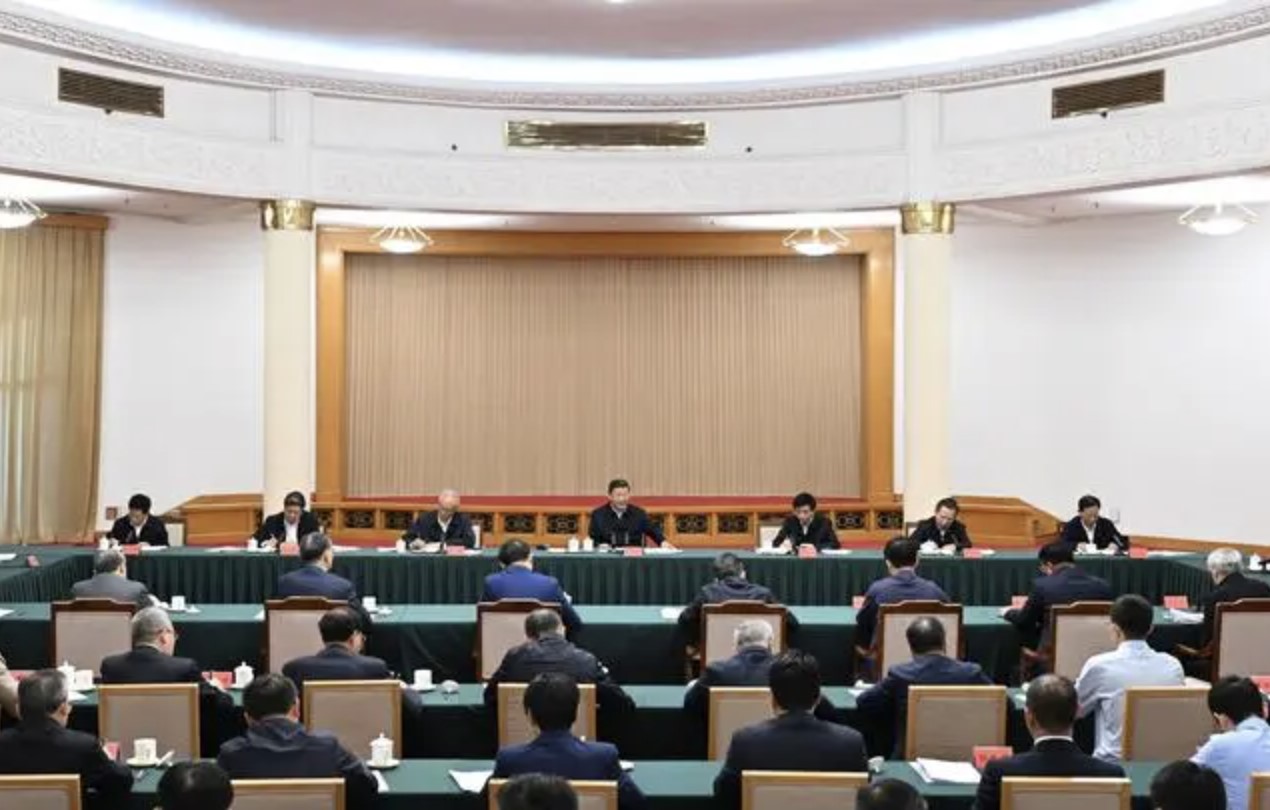
Last week, president Xi held a symposium with businessmen and economists in preparation for the upcoming Third Plenum.
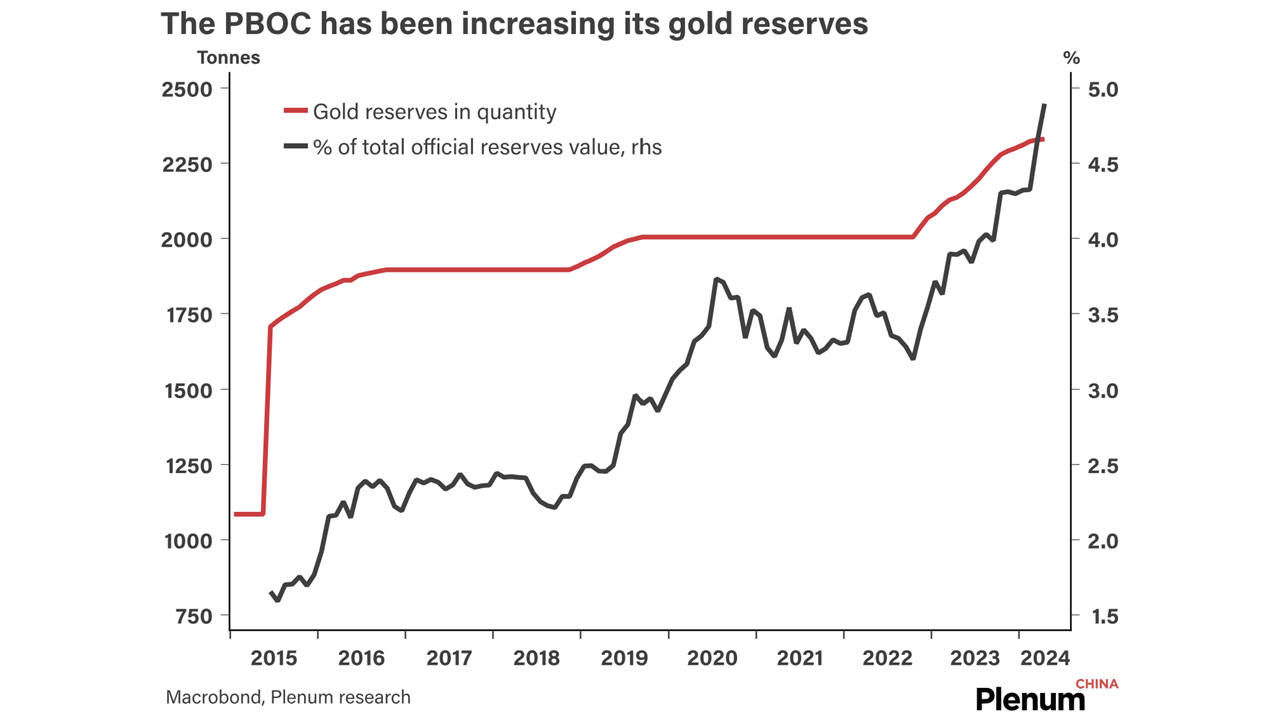
The PBOC’s declared gold reserves have been growing, but not by a large enough margin to explain the size of gold demand in China.
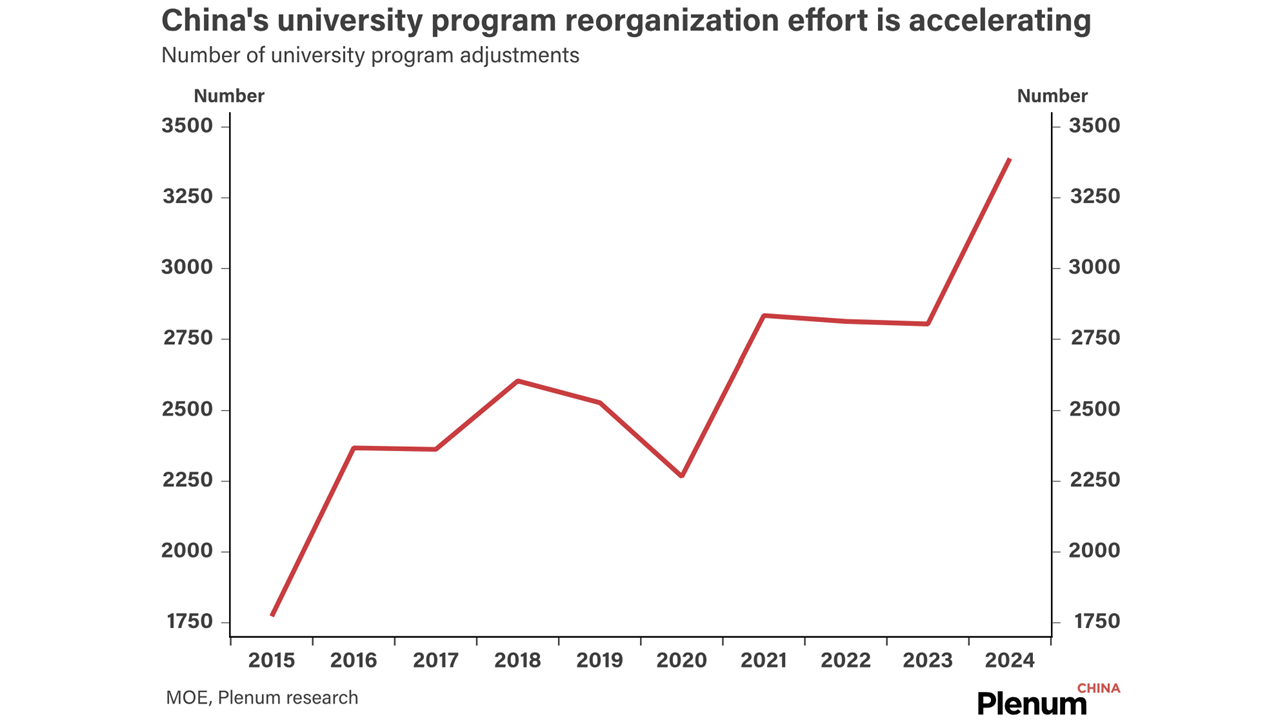
Beijing has accelerated its rebalancing of China’s university major offerings, limiting the growth of humanities majors and adding new engineering majors.
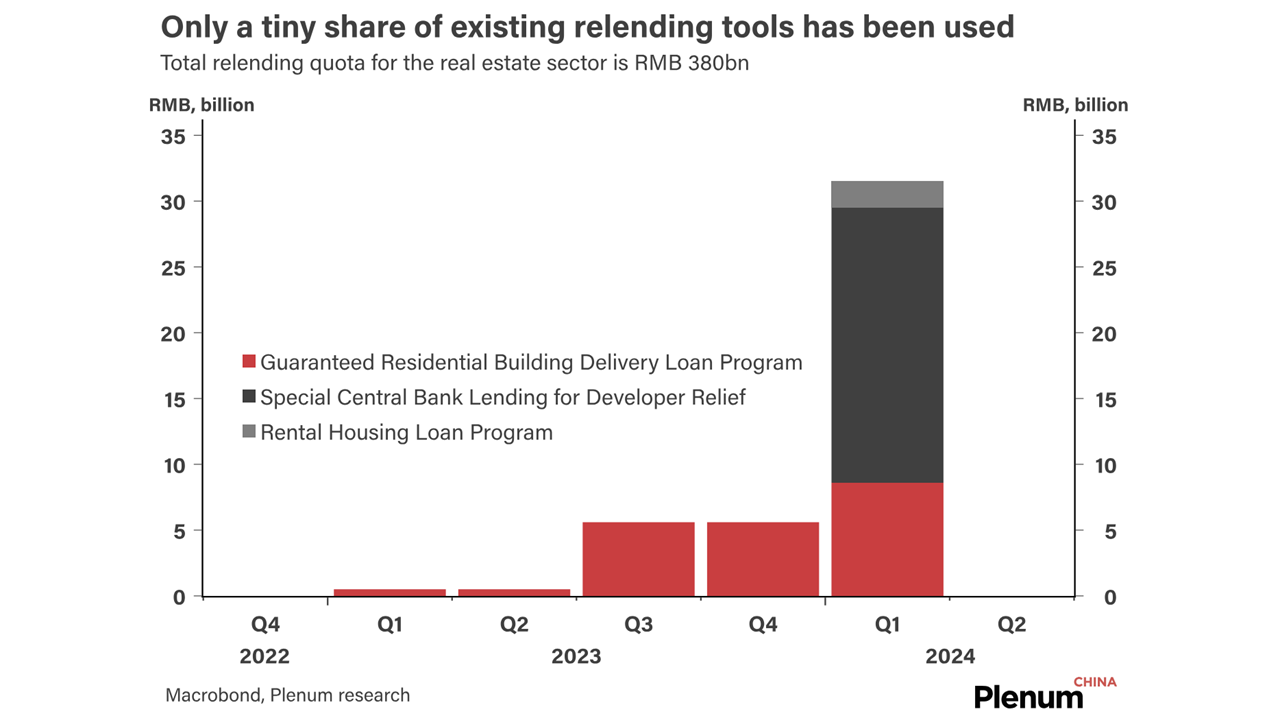
The central bank set up a RMB 300bn new relending tool to encourage banks to lend to local SOEs to buy up unsold housing inventory.